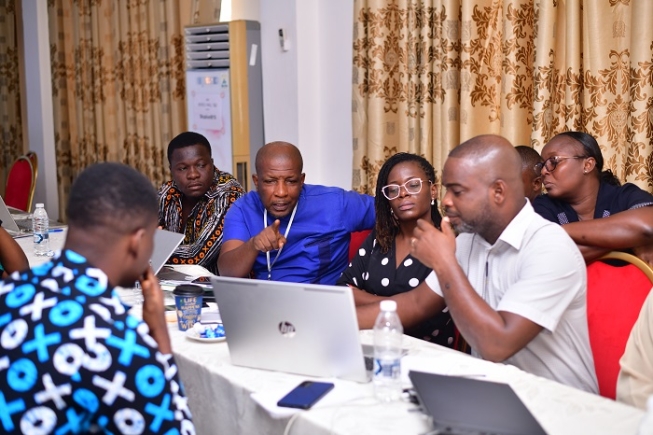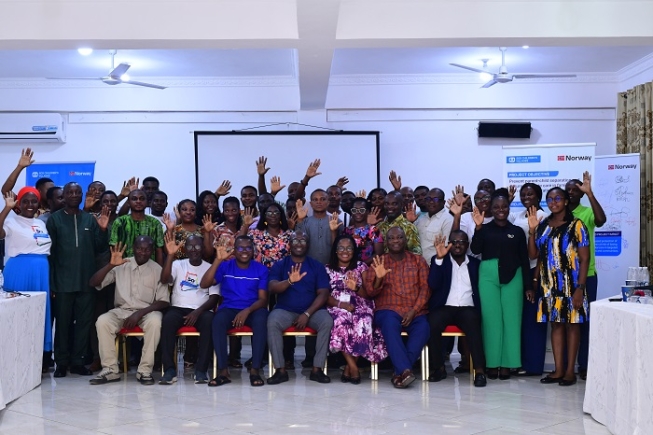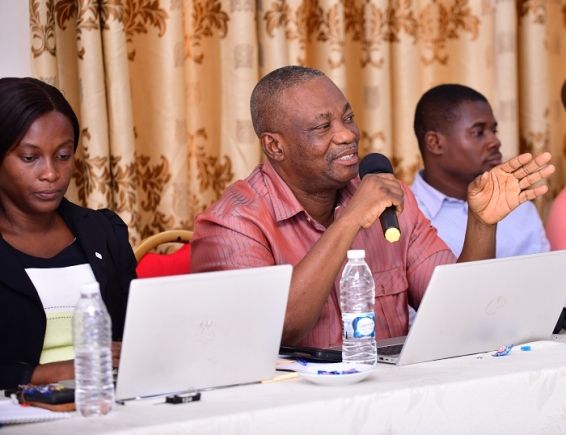SOS Children’s Villages Ghana has launched a five-year project aimed at supporting 6,000 children at risk of losing parental care in parts of the Greater Accra, Central, Volta, and Bono East regions.
The project, titled “Protecting Children at Risk of Losing Parental Care”, was launched on June 12, 2025, at a stakeholder workshop in Accra.
It is funded by the Norwegian government through the Norwegian Agency for Development Cooperation (NORAD), with support from SOS Children’s Villages Norway.
According to a press statement issued by the organisers, the project will be implemented in 20 communities across five districts, Ada West and Dangme East in the Greater Accra Region, Ekumfi in the Central Region, Adaklu in the Volta Region, and Sene West in the Bono East Region.
It is expected to provide direct support to 2,000 caregivers and help improve community structures for protecting children.
The aim is to reduce the number of children separated from their families by providing targeted support.

These include income-generating assistance for caregivers, literacy programmes, and training in positive parenting. Project officials said the interventions are in line with national child protection policies and were developed with input from relevant institutions in the social development sector.
Mr. Alexander Mar Kekula, National Director of SOS Children’s Villages Ghana, said the organisation would work closely with the Department of Social Welfare and four community-based organisations, Friends of Adaklu, Search for Rural Development, Volta Resilience Foundation, and Youth Rise International, to implement the programme.
Fifteen Community-Based Child Protection Committees will be trained under the project, and eight civil society organisations will receive support to improve their ability to advocate for children’s rights. Emergency support will also be extended to eight disaster-prone communities in three of the target districts.

Mr Kekula described the project as an important intervention aimed at strengthening support systems for vulnerable children and their families, noting that its success depends on the active involvement of local communities and institutions.

